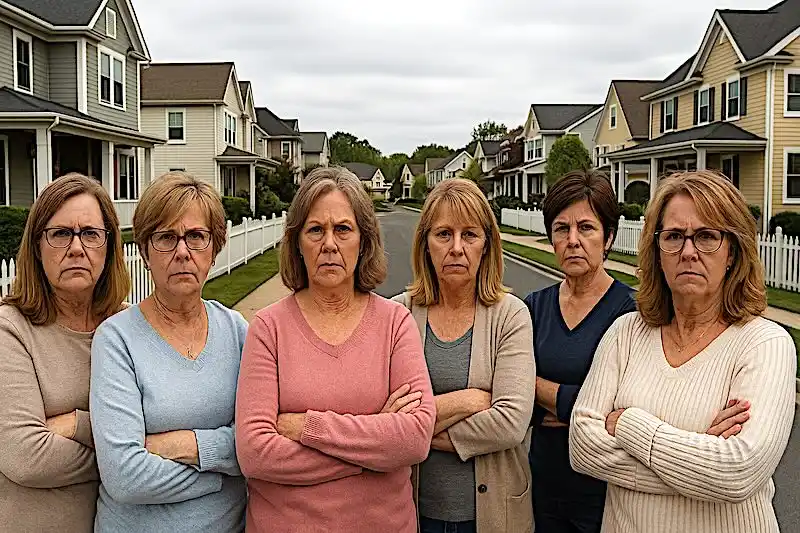If you inherit a home or condo in a homeowners association (HOA) or condominium association, you may be stepping into more than just a piece of real estate. You could also be taking on fees, rules, restrictions, and legal obligations that many heirs and executors are not prepared for.
Whether you are managing the estate or receiving the property, here’s what you need to understand about dealing with HOAs during probate and beyond.
What Happens When a Property in an HOA Is Inherited?
When someone passes away, their property interest in an HOA or condo usually transfers through probate, a trust, or a deed. The property may look like a gift, but it often comes with strings attached:
- Ongoing dues and assessments continue, even if the owner is deceased
- HOA rules still apply, even during the estate transition
- The HOA may pursue collection action if dues fall behind
- Insurers may cancel the existing homeowners policy, especially if the unit is vacant
Most associations do not pause fees or enforcement simply because the owner passed away. From their perspective, the property remains subject to the same rules, regardless of who now controls it.
Common Challenges with Inherited HOA and Condo Properties
Unpaid Dues and Special Assessments Executors are often surprised to learn that dues continue during probate. Some HOAs also add late fees, interest, or even place liens on the property if payments lapse.
Rules About Occupancy or Short-Term Rentals Many associations restrict rentals or short-term stays. Even if you plan to keep the property or rent it temporarily, you may need prior approval.
Insurance Complications If the home is vacant or the named insured is deceased, the existing condo or homeowners policy may no longer apply. Some HOAs require proof of insurance for certain risks, such as interior damage or liability. This creates a dangerous coverage gap if the unit goes uninsured during the transition.
Lack of Communication with the Board If the association doesn’t know who is handling the estate, they may escalate unpaid dues to collections. It is essential that the executor or new owner contacts the HOA immediately after death.
Maintenance and Access Issues Common area repairs, unit inspections, and entry rules may still apply. If the property is being sold or renovated, the estate must coordinate with the board and vendors.
Want to avoid hidden HOA risks before it's too late?
Check out HOA Buyer Beware: The Essential Guide for Homeowners, Heirs, Real Estate Agents and Attorneys Before Buying into a Homeowners Association. It’s written for heirs, buyers, and estate managers who don’t want unpleasant surprises. Learn more.
What Executors and Heirs Should Do Right Away
- Notify the HOA or condo board in writing of the owner’s death
- Request a current balance and copies of recent assessments
- Ask about insurance requirements and confirm whether a vacant property or estate policy is acceptable
- Request a copy of the governing documents (CC&Rs, bylaws, rules)
- Keep dues current during the transition, even if no one is living there
- Avoid making changes to the property until you understand the rules
Insurance Tip: Don’t Assume You’re Covered
In HOA and condo communities, there are often two policies involved:
- The master policy held by the association (usually covers exterior and common areas)
- The individual unit policy (HO-6 or equivalent), held by the unit owner
When the owner dies, the individual policy may end or become invalid. If the property sits vacant, there is no one in place to respond to damage, fire, or burst pipes. A proper vacant property policy can fill the gap and satisfy association requirements during the estate transition.
Need Help Insuring an Inherited Condo or HOA Home?
We provide specialized coverage for:
- Probate or trust-owned properties in HOAs or condo buildings
- Vacant homes awaiting sale or transfer
- Estate real estate where the owner has passed away
- Situations involving Lady Bird or POD deeds in shared communities
Protect the property and avoid costly surprises.
Request a Quote Coverage can often start by the next day!

